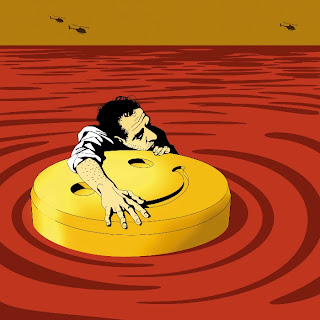Consumer Neurotechnology: New Products, More Regulatory Complexity

By Anna Wexler Anna Wexler is a PhD candidate in the HASTS (History, Anthropology, Science, Technology and Society) at MIT and a 2015-2016 visiting scholar at the Center for Neuroscience and Society at the University of Pennsylvania. Her dissertation focuses on the ethical, legal and social implications of emerging neuroscience technology, with a particular focus on the home use of noninvasive brain stimulation. Just when it seemed like the consumer neurotechnology market couldn’t get any stranger—after all, who would’ve expected that a sleek white triangle could be placed on the forehead for “calm” or “energy” vibes—two new products recently hit the market that further complicate the challenges of regulating this emerging market. Halo Sport is a brain stimulator marketed for athletic enhancement that utilizes technology similar to transcranial direct current stimulation (tDCS), while Nervana , which began taking pre-orders in March, is the first noninvasive vagus nerve stimulation ...

